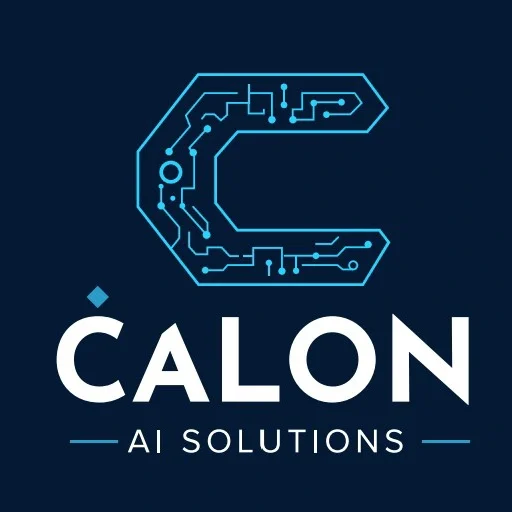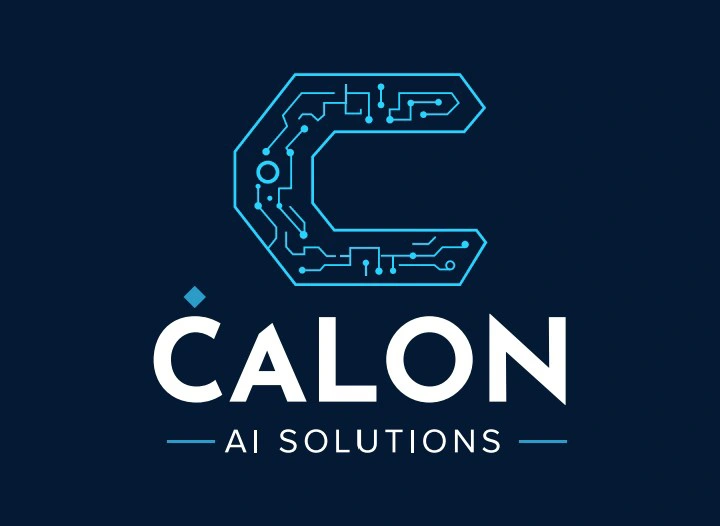Automate Business Operations with AI
As businesses grow most of the business face operational complexities. The need to balance efficiency with scalability often leads organisations to explore innovative solutions. In today’s fast-paced environment, the ability to automate business operations is no longer a luxury it’s a necessity. Automation, powered by artificial intelligence, allows companies to streamline workflows, reduce costs, and free up valuable resources for strategic priorities. From automating repetitive tasks toimproving decision-making, let’s explore how AI can solve complex solutions are transforming the way businesses operate

What Does It Mean to Automate Business Operations?
Automating business operations means leveraging technology to perform tasks and processes that were traditionally manual. This includes using tools and platforms to handle routine workflows, analyse data, and ensure consistent outcomes with minimal human intervention.
Examples of Business Automation:
- Workflow Automation: Tools that simplify task management and approvals.
- Customer Service Automation: AI-powered chatbots and virtual assistants that provide instant support.
- Data Automation: Automated reporting and analysis to streamline decision-making.
With automation, businesses can achieve more in less time, allowing teams to focus on growthdriven initiatives.

Why Automating Operations is Critical for Businesses
1. Boosts Efficiency and Productivity
Manual processes slow down productivity, leading to delays and inefficiencies. By automating repetitive tasks, businesses can Save time, Reduce human error, and Ensure tasks are completed faster and more accurately.
2. Reduces Operational Costs
Automation reduces dependency on manual labour for repetitive workflows. By implementing business automation solutions, companies can lower costs while maintaining high-quality output.
3. Improves Employee Satisfaction
When routine, repetitive tasks are automated, employees can focus on meaningful work. This improves job satisfaction and enhances innovation and creativity within the
organisation.
4. Scalability Made Easy
As businesses grow, so does the complexity of managing operations. AI-driven
automation ensures processes remain efficient and scalable, regardless of business size or demand fluctuations.
How to Automate Business Operations
1. Identify Tasks for Automation
The first step in automating operations is identifying areas that consume significant time and resources. Examples include:
- Repetitive data entry tasks.
- Customer support inquiries.
- Inventory management and order processing.
2. Choose the Right Tools
- Select automation tools or platforms that align with your business goals. For instance:
Workflow - Automation Platforms: Simplify task delegation and tracking.
AI Chatbots: Automate customer interactions. - Data Analytics Tools: Provide insights without manual data crunching.
3. Integrate with Existing Systems
For smooth implementation, ensure automation tools integrate seamlessly with your current systems, such as CRMs or ERPs.
4. Monitor and Optimise
Automation is not a one-time process. Regularly monitor automated workflows to identify improvements and ensure they continue to deliver results.
1. Automating Customer Support
One of the most impactful applications of automation is in customer service. Businesses are increasingly using AI-powered chatbots to:
- Answer customer inquiries in real time.
- Provide personalised support based on user history.
- Resolve issues efficiently without human intervention.
2. Streamlining Marketing Campaigns
Automation tools enable businesses to execute marketing campaigns at scale, targeting specific customer segments with tailored content. Key applications include:
- Automated email sequences.
- Real-time tracking of campaign performance.
- AI-driven content recommendations.
3. Optimising Financial Processes
From automating expense tracking to generating real-time financial reports, automation tools streamline accounting workflows, helping businesses manage their finances with greater accuracy.
4. Enhancing Supply Chain Management
In industries like manufacturing and retail, automating supply chain operations ensures: - Inventory levels are optimised.
- Orders are fulfilled promptly.
- Logistics processes run smoothly.

Benefits of AI-Driven Automation
1. Saves Time and Increases Output
Automating operations allows teams to accomplish more in less time. AI tools work around theclock, ensuring tasks are completed even outside business hours.
2. Reduces Human Error
Manual processes are prone to mistakes, especially when handling large volumes of data. Automation ensures consistent and accurate execution.
3. Enhances Decision-Making
Automation tools, combined with real-time analytics, provide actionable insights, helping businesses make data-driven decisions faster.
4. Scales Seamlessly
As businesses expand, automated systems adapt to increasing workloads, ensuring efficiency and reliability without needing additional resources.
Real-World Examples of Automation in Action
Case Study 1: Retail Industry
A large retail chain implemented AI-driven automation tools to optimise its inventory
management. The system tracked stock levels in real time and automatically reordered itemsbased on demand trends.
Results:
- Reduced stockouts by 30%.
Improved - operational efficiency across 50+ stores.
Case Study 2: Financial Services
A financial institution adopted workflow automation to streamline loan approvals. The system automated document verification and credit scoring, reducing processing times significantly.
Results:
- Loan approval time reduced from five days to one hour.
- Improved customer satisfaction with faster service.
Case Study 3: Healthcare
A healthcare provider implemented AI-powered automation for patient scheduling. The system analysed patient data and appointment patterns to allocate slots efficiently.
Results:
- Reduced scheduling conflicts by 40%.
- Increased operational efficiency across multiple clinics.
Overcoming Challenges in Automation
While automation offers numerous benefits, businesses often face challenges during
implementation. Here’s how to address them:
1. High Initial Costs
Investing in automation tools may require upfront capital. However, the long-term savings and efficiency gains outweigh the initial costs.
2. Resistance to Change
Employees may feel threatened by automation. Businesses should focus on upskilling teams and highlighting how automation enables them to focus on higher-value tasks.
3. Data Security Concerns
Automation involves handling large volumes of sensitive data. Choosing tools with robust security features ensures data protection and compliance with regulations.
Why Automate Business Operations with AI?
AI brings a new level of intelligence to automation, making it more adaptive and effective. Here’s why AI-powered automation stands out:
Predictive Capabilities: AI predicts potential issues and optimises workflows accordingly.
Real-Time Adaptation: AI tools adjust processes in real time, ensuring consistent performance.
Customisation: Tailored solutions ensure the tools align perfectly with your business needs. By combining automation with artificial intelligence, businesses can achieve unmatched efficiency and scalability.

Conclusion: Revolutionise Your Business with Automation
To automate business operations is to unlock the potential of your organisation. Automation allows businesses to streamline workflows, enhance decision-making, and focus on strategic growth. Whether it’s improving customer service, optimising supply chains, or automating financial processes, the benefits of automation are clear. Are you ready to transform your operations with AI-driven automation? Explore how tailored solutions can help you achieve your goals by visiting our Service page today.

Alom
Director & Co-Founder of Calon AI Solutions

